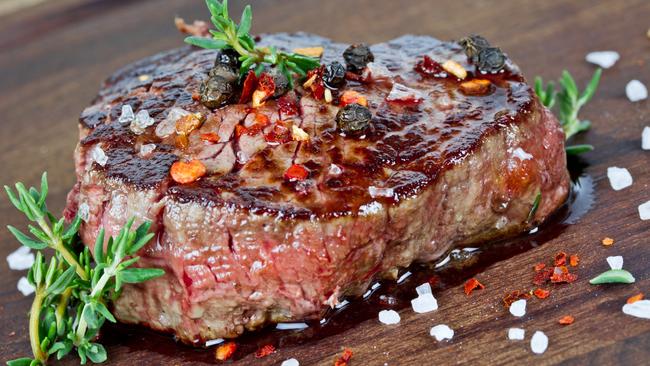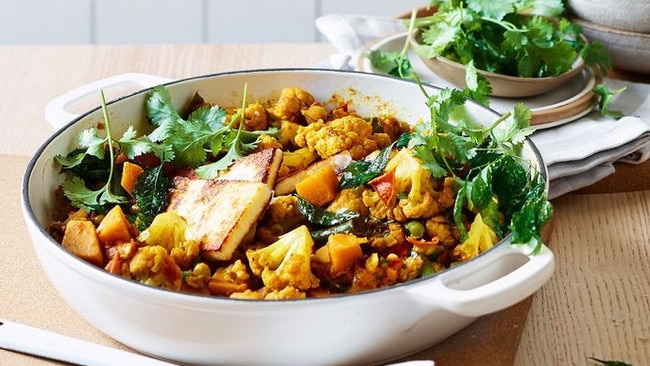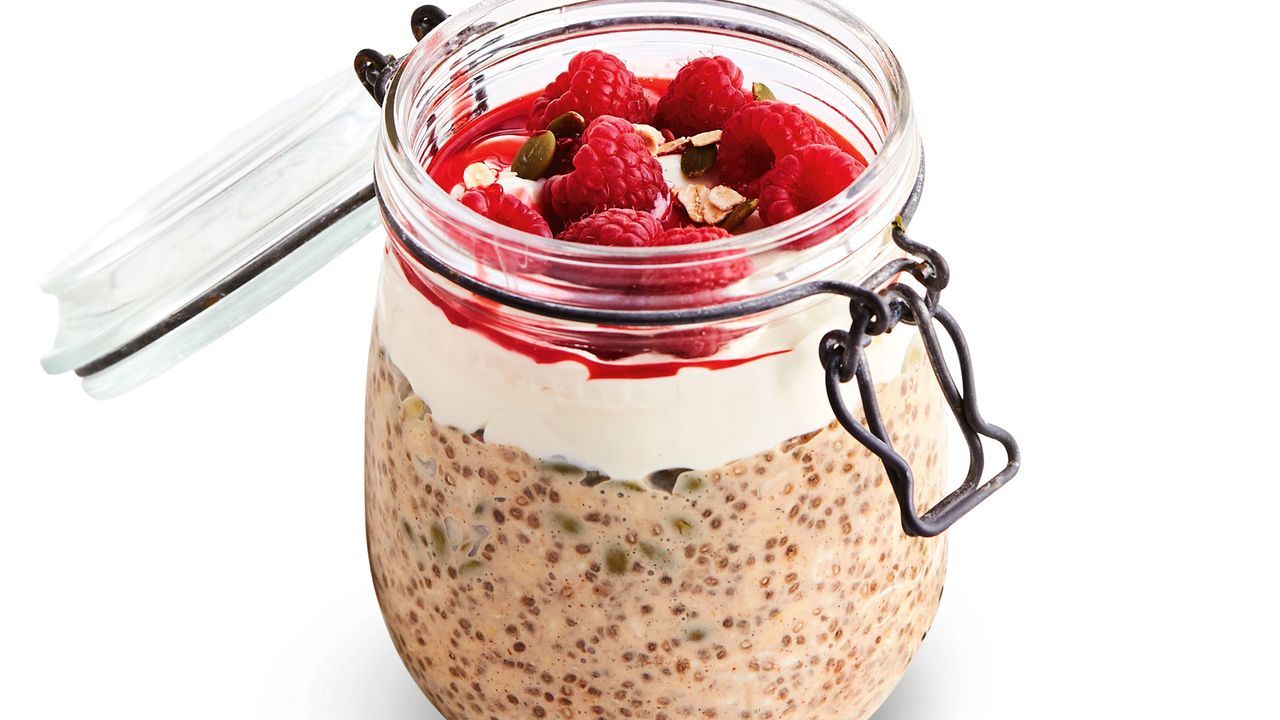Matt Preston reveals the biggest plant-based food trends of 2023
From fake meat to nut milks, there are a lot of changes when it comes to plant-based diets. Food guru Matt Preston breaks down the future of food.
Call it vegan, call it plant-based – just don’t call it the future of food quite yet.
Demand for products in this space seemed promising six years ago, when Australia was named the third fastest-growing vegan market in the world. And, in 2020, research firm Bloomberg Intelligence reported that the US sales of plant-based products were projected to increase from $43 billion to $242 billion by 2030.
In Australia, however, money may be a sticking point. Although this year’s trend forecast from the News Food Corp Network found that 73 per cent of consumers want to eat healthily, about the same percentage said they faced cost pressures at home.
That’s not great when, as per a recent study, the average price of plant-based “meat” products in Australia was 49 per cent higher than that of conventional meat products.
So, where are the spots of joy where plant-based products are concerned, and what other trends are emerging?

Wildatarianism
On the other hand, online market data company Statista is also predicting that the worldwide (real) meat industry is tipped to grow by 7.47 per cent between 2023 and 2027.
At the more esoteric end of this growth are followers of wildatarianism, a belief in only eating meat that has been self-caught, killed or foraged. With a term like that, the practice becomes a little less “hillbilly” and a whole lot cooler.

Wildatarians claim wild meat has all the benefits of grass-fed meat but is leaner, more sustainable, and free of hormone and antibiotic use in its rearing.
Perhaps related, the US market has been opening up to sales of bison, venison and quail with another term: field to table.
And this concept could find a very willing market here given how kangaroo is already accepted as a protein and both goat and camel offer similar sustainability benefits.
Again, though, price is the stumbling block.
Nut milks
While there is still resistance around swapping tasty cheese for a nut-based version, consumers have warmed up to milk alternatives as beverages.
A 2022 ABC News survey of 900 cafes across the country found that oat milk was gaining on almond milk, capturing 20 per cent of the market (up from 0.2 per cent in 2020).
The respondents also predicted that plant-based options would soon make up 50 per cent of cafe milk sales.
That day has already come in the US: Stumptown Coffee Roasters, a chain based in Portland, Oregon (the hipster coffee capital of the world), announced in January that oat milk would be the default milk in all of their stores.

Fake meat
Given the amount of money invested in its research and development, the artificial meat sector is unlikely to fail in the near future, but market acceptance would require products to match the quality and price of the real thing.
While I maintain that a bean burger ain’t a beef burger, the US Food & Drug Administration recently said it had no initial objections to the safety of lab-grown (or “cultivated”) chicken meat by Californian company Upside Foods, the first step in getting it approved for sale in the US.
So hope may not be lost for alternative proteins even if, in the short term, tofu, lentils and chickpeas are still the standard protein staples for vegetarian dishes.

Veggie power
With all the bad news about grocery store price hikes, accusations of produce price gouging and the impacts of climate change, it’s perhaps unsurprising that when people talk about the growth of all things vegan, the humble vegetable gets forgotten.
But in a panel of 250 international chefs polled on future food trends by global conglomerate Unilever, 58 per cent of them said they would sell way more vegetables – and in far more central roles – on their menus this year.
Plus, Aussie vegetable sales are on the rise, whether you measure this by price or volume, with the revenue for fresh vegetables in this country estimated at $12.5 billion for 2023, and a growth of more than 4 per cent expected year on year.
That has to be a strong sign that eating more vegetables could be the revolution, after all.
For more food, travel and lifestyle news, go to delicious.com.au
Originally published as Matt Preston reveals the biggest plant-based food trends of 2023



